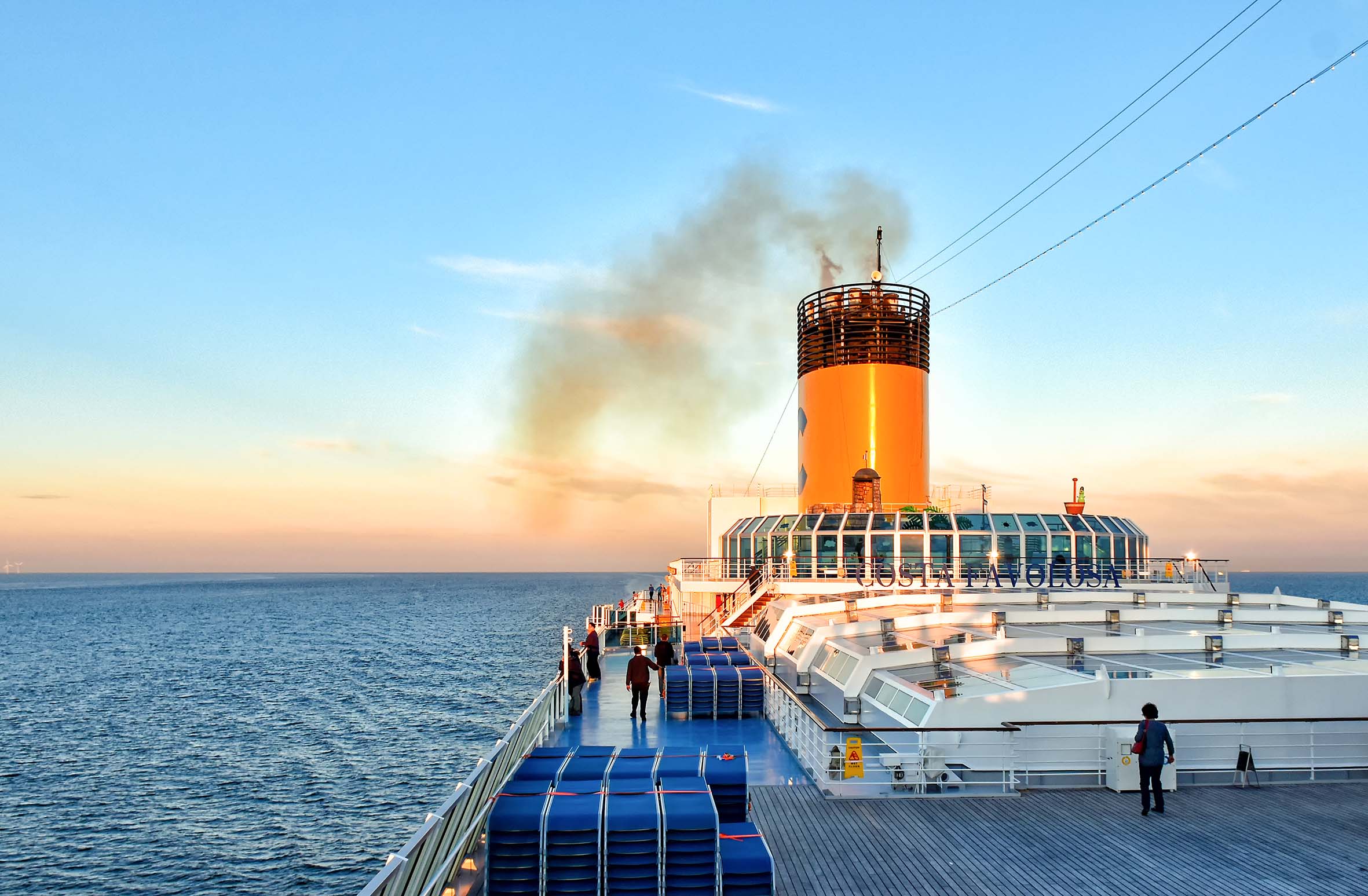
Prospective to increase ship emission keeping track of to 100% protection of the international ocean and credit to specific ships, state authors
A brand-new paper highlights possible services to assist enhance ship emission compliance and attribution
A variety of brand-new policies have actually been executed by the International Maritime Organisation (IMO) over the last years following international issues over air quality. Emissions of sulphur dioxide (SO2) and nitrogen oxides (NOx) from ships have actually been restricted in ’em ission control locations’, where locations of high shipping activity remain in close distance to seaside areas with high populations, such as northwest Europe and the eastern coast of the U.S.A..
Any legislation requires to have a robust and extensive tracking program to make sure compliance and show attribution to specific vessels. Present compliance is determined by evaluation of logbooks and fuel samples taken in port, which is lengthy and pricey. Some ingenious methods, such as ‘sniffer’ drones, are being trialled however are not likely to fulfill the scale of protection required and in-port examinations are still required to fulfill legal compliance requirements.
As the international population and ship-based trade boosts, without enforceable policies, the effect of SO2 and NOx contamination is anticipated to be worsened even more.
SO2 is related to a number of negative health results and presents an especially high threat to kids, the senior and those with breathing problems, such as asthmatics. Similarly, NOx can trigger breathing problems, in addition to headaches and likewise inflammation to the skin and eyes.
In order to fulfill the obstacle of international compliance and recognition, the ship emission tracking network requires to broaden substantially so it has the capability to cover all areas where there is shipping activity, all the time. Nevertheless there are clear barriers to accomplishing complete protection: excessive cost and technical ability.
This newest research study was led by Plymouth Marine Lab with partners at exactEarth Europe Ltd and TNO.
The group’s suggested idea constructs on 2 commonly available innovations of inexpensive portable gas analysers, developed to determine vehicle engine tires, and satellite based Automatic Recognition Systems (S-AIS). By integrating these innovations with gadgets that currently send ship locational information through S-AIS, the technique has the possible to cover 100% of the international ocean whilst likewise having the ability to associate emissions to specific ships in real-time.
Lead author and PML’s Head of Science for Marine Biogeochemistry and Observations, Dr Tim Smyth, commented:
” By using the extra information bring capability of on-board satellite automated recognition systems (S-AIS), we showed all 3 aspects of faster, much better and more affordable for emissions keeping track of: quicker with the real-time reporting of information, with message rates of 4– 10 per hour even in radiofrequency-congested areas such as the Baltic and English Channel; much better because the emissions are determined at source within the stack of a vessel, which those emissions can be distinctively recognizable by a ship’s Maritime Mobile Service Identity (MMSI); and more affordable because the emissions sensing units, together with the S-AIS telemetry system, upkeep and other expenses, remain in the order of 100– 1000 EUR (whereas previous techniques to this either depend on costly clinical lab grade devices, keeping track of stations over bridges, or drones).
” We argue that our technique appropriates for the IMO and nationwide regulative authorities fixing the climatic shipping emission compliance and attribution quandary.”
The work was moneyed by the European Union’s Horizon 2020 research study and development program under grant arrangement Nr. 814893– Delivering Contributions to Inland Contamination Promote the Enforcement of Laws (SCIPPER)

